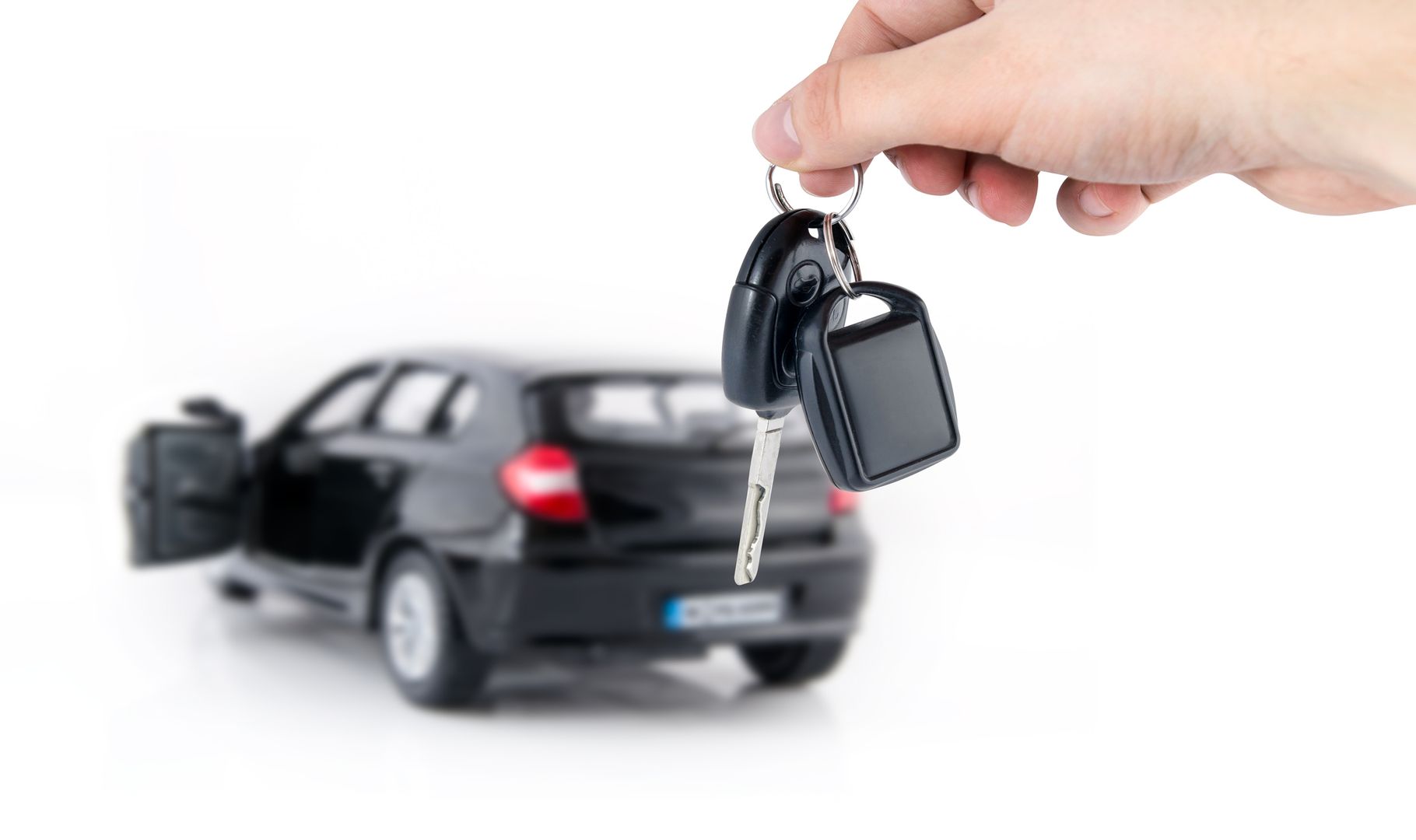When it comes to disposing of their used cars in Singapore, many car owners are faced with the dilemma of whether to scrap or trade them in. While both options offer a way out for those who want to get rid of their old vehicles, they differ significantly in terms of costs, convenience and environmental impact. In this article, we delve into the differences between scrapping and trading in your used car in Singapore, weighing the pros and cons of each approach so that you can make an informed decision on which one is best suited for your needs.
The Pros and Cons of Scrapping Your Used Car in Singapore
Scrapping your used car in Singapore has its benefits and drawbacks. One of the main advantages of scrap car service is that you get to receive a cash payout for your vehicle, which can be useful if you are in need of some extra money or looking to upgrade to a new car. Additionally, it is an environmentally friendly option since scrap yards will recycle the metal components of your vehicle instead of leaving them to waste at a landfill. However, there are also downsides to scrapping your car. The process can be time-consuming, as you will need to find a reputable scrap yard and arrange for transportation of the vehicle. Furthermore, depending on the condition and age of your car, you may not receive the best possible price for it when compared with selling through other means such as trading it in or selling it privately.
The Advantages and Disadvantages of Trading In Your Used Car in Singapore
Trading in your used car in Singapore comes with both advantages and disadvantages. One of the biggest advantages is convenience since you do not have to go through the hassle of finding a buyer or negotiating a price. Instead, you can simply take your vehicle to a dealer who will offer you an amount that you can then use as credit towards purchasing another car. Furthermore, trading in allows for a quicker transaction compared to waiting for potential buyers since dealerships tend to be more efficient when it comes to paperwork and other legal requirements. However, one consideration when trading in your used car is that dealers may undervalue your vehicle’s worth, giving you less than what it’s actually worth just so they could make a profit from reselling it later on. Additionally, while using your old car as trade-in credit reduces down payments on new cars, this also means adding more months (or years) of paying monthly amortizations on top of any outstanding debts left over with the previous loan – leaving owners locked into longer payment schemes which could definitely set them back financially if they’re not careful.
A Comparison of the Costs, Convenience and Environmental Impact of Scrapping vs Trading In Your Used Car in Singapore
When considering the costs of scrapping versus trading in your used car in Singapore, it is important to take into account a number of factors. Scrapping a car typically involves fees for towing and disposal, as well as potential penalties if the vehicle is not disposed of properly. On the other hand, trading in your car can result in lower sales prices due to depreciation and negotiation with dealerships. In terms of convenience, trading in your used car may be more straightforward than scrapping it. Trading allows for a seamless transition into a new vehicle without any additional hassle or paperwork. Conversely, scrapping requires coordination with junkyards or recycling facilities and dealing with government regulations that surround proper disposal.
Finally, environmental impact should also be considered when deciding between scraping vs trading. Scrapped cars contribute to waste accumulation while trade-ins give existing vehicles another chance at use and potentially reduce manufacturing needs for new ones.
In conclusion, the choice of whether to scrap or trade-in a used car is a personal decision that is shaped by various factors like financial capacity, level of urgency, and environmental considerations. To make an informed decision, individuals are advised to conduct research and consult professionals before making their final choice. It is essential to balance convenience, cost-effectiveness, environmental impact, and long-term goals in order to arrive at the most suitable decision. With careful consideration, individuals can responsibly manage their transportation and make the appropriate selection between trading in or scrapping their used car.




